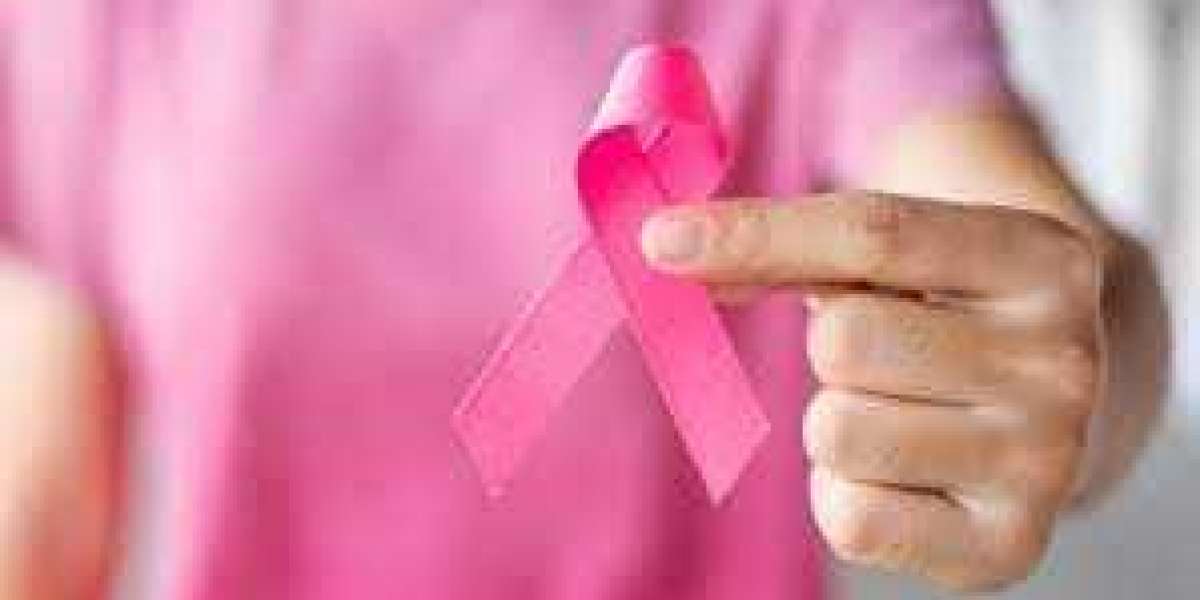Understanding Cancer: A Comprehensive Overview
Cancer remains one of the most formidable challenges to human health globally. With its complex nature and varied manifestations, understanding cancer is crucial for effective prevention, diagnosis, and treatment. In this article, we'll delve into the intricacies of cancer, from its basic biology to the latest advancements in research and treatment.
1. What is Cancer?
Cancer is a group of diseases characterized by the uncontrolled growth and spread of abnormal cells in the body. These abnormal cells can invade nearby tissues and organs, disrupting their normal function. If left untreated, cancer can metastasize, spreading to distant parts of the body and potentially becoming fatal.
2. Causes and Risk Factors
While the exact causes of cancer are not always clear, certain factors can increase a person's risk of developing the disease. These risk factors include genetic predisposition, exposure to carcinogens such as tobacco smoke and ultraviolet radiation, unhealthy lifestyle choices like poor diet and lack of physical activity, and certain infections such as human papillomavirus (HPV) and hepatitis B and C viruses.
3. Common Types of Cancer
Cancer can affect virtually any part of the body, leading to a wide range of cancer types. Some of the most common types of cancer include:
- Breast cancer
- Lung cancer
- Prostate cancer
- Colorectal cancer
- Skin cancer (melanoma and non-melanoma)
- Leukemia
- Lymphoma
- Pancreatic cancer
- Ovarian cancer
Each type of cancer has its own set of characteristics, risk factors, and treatment options, making it important for individuals to be aware of the specificities of the type of cancer they may be at risk for.
4. Symptoms and Diagnosis
The signs and symptoms of cancer can vary depending on the type and stage of the disease. However, some common symptoms may include persistent fatigue, unexplained weight loss, changes in bowel or bladder habits, persistent cough or hoarseness, and unusual bleeding or discharge.
Diagnosing cancer typically involves a combination of physical examinations, imaging tests such as X-rays and MRI scans, laboratory tests including blood tests and biopsies, and specialized procedures like endoscopies and mammograms. Early detection through regular screenings can significantly improve the chances of successful treatment and survival.
5. Treatment Options
Treatment for cancer depends on several factors, including the type and stage of the disease, as well as the individual's overall health and preferences. Common treatment modalities include:
- Surgery: Surgical removal of cancerous tumors or affected organs.
- Chemotherapy: The use of drugs to kill cancer cells or stop their growth.
- Radiation therapy: The use of high-energy rays to destroy cancer cells.
- Immunotherapy: Treatment that harnesses the body's immune system to fight cancer.
- Targeted therapy: Drugs that target specific molecules involved in cancer growth and progression.
In recent years, there have been significant advancements in cancer treatment, including the development of precision medicine approaches tailored to individual patients' genetic profiles.
6. Coping with Cancer
A cancer diagnosis can be emotionally and psychologically challenging for patients and their loved ones. It's essential for individuals affected by cancer to seek support from healthcare professionals, support groups, and counseling services to help them cope with the physical, emotional, and practical aspects of the disease.
Maintaining a healthy lifestyle, adhering to prescribed treatment plans, and staying informed about the latest advancements in cancer research can also empower individuals to actively manage their cancer journey.
7. Prevention and Early Detection
While not all cancers are preventable, there are steps individuals can take to reduce their risk of developing the disease. These include:
- Avoiding tobacco products
- Eating a healthy diet rich in fruits, vegetables, and whole grains
- Engaging in regular physical activity
- Limiting alcohol consumption
- Protecting the skin from excessive sun exposure
- Getting vaccinated against cancer-causing infections such as HPV and hepatitis B
Additionally, early detection through regular screenings for certain types of cancer, such as mammograms for breast cancer and colonoscopies for colorectal cancer, can significantly improve outcomes.
Conclusion: A Unified Effort Against Cancer
Cancer remains a formidable foe, but through continued research, education, and innovation, strides are being made in the fight against this disease. By understanding the basic biology of cancer, recognizing risk factors, promoting prevention and early detection efforts, and advancing treatment options, we can work towards reducing the burden of cancer on individuals and society as a whole. Together, we can make progress in the quest for a world without cancer.






